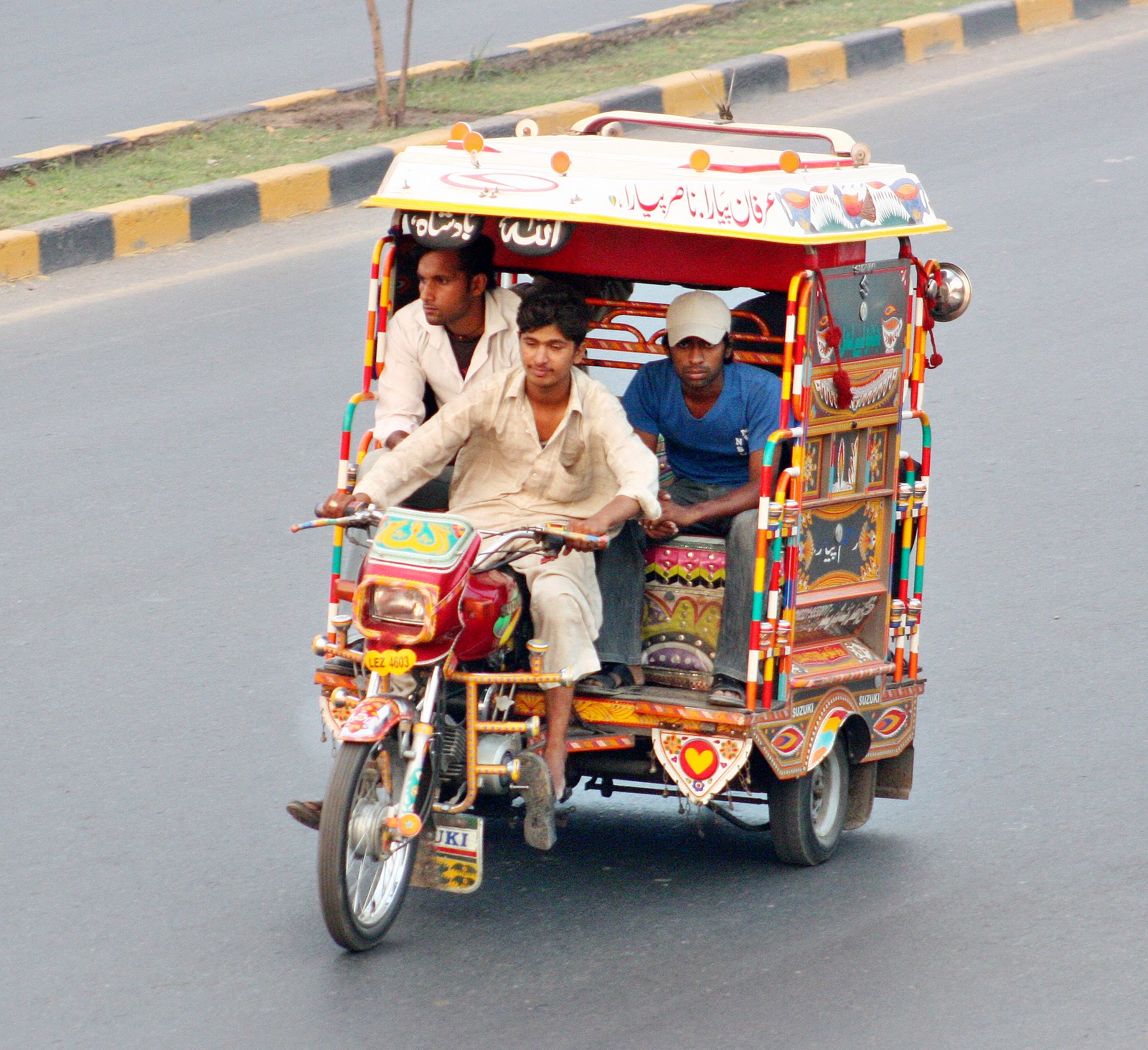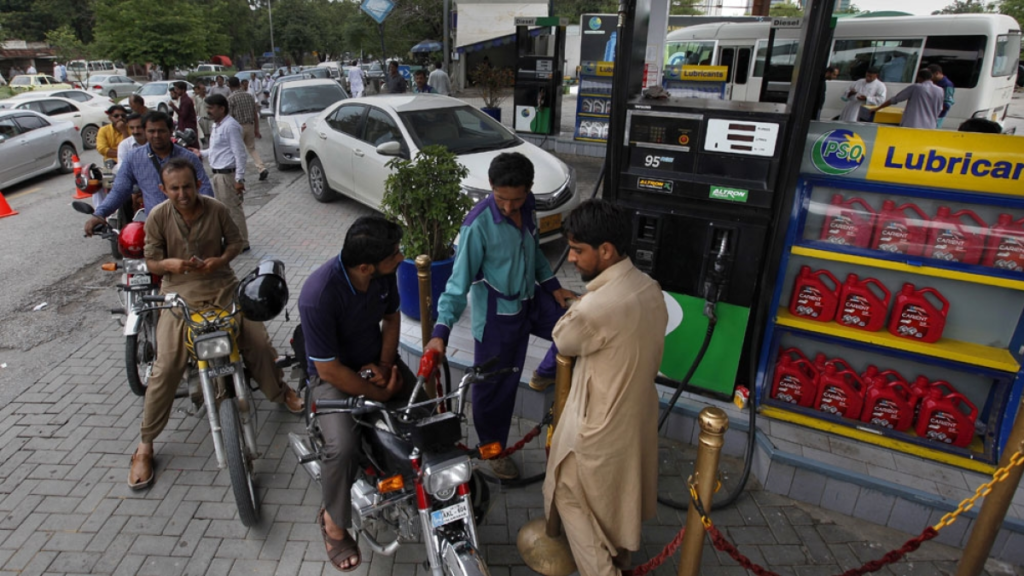Rawalpindi witnesses a pivotal government initiative aiming to phase out unregulated Qingqi Rickshaws from its streets. This strategic crackdown, spearheaded by the district administration, signifies a robust move toward road safety and transport regulation.
The decision, led by Caretaker Punjab Minister for Transport, Ibrahim Hassan Murad, resonates with concerns regarding illegal manufacturing and the imperative need for a structured transport system. The initial phase targets manufacturing units, aiming to seal these spaces and curb the production of unapproved rickshaws.
This enforcement signals a paradigm shift in Rawalpindi’s transport policies. However, it raises pertinent questions about commuter mobility, regulatory measures, and the potential impact on daily transportation.
To delve deeper into this significant development, explore the following sections:
- Safety Concerns & Regulatory Measures
- Rawalpindi’s Transport Policy Shift
- Impact on Commuter Mobility
- Unregulated Rickshaws: Road Risks
- Enforcement Strategies & Challenges
Continue reading to understand the implications and intricacies of this government crackdown.
Safety Concerns & Regulatory Measures
Rawalpindi’s decision to crack down on unregulated Qingqi Rickshaws stems from acute safety concerns and the necessity for stringent regulatory measures. The unchecked proliferation of these vehicles poses substantial risks to commuters and pedestrians alike. Unregulated manufacturing processes lead to compromised safety standards, resulting in frequent accidents and road hazards.
The government’s focus on this issue highlights the urgency of implementing comprehensive safety protocols. Tightening regulations around vehicle production and ensuring adherence to safety standards are pivotal steps toward mitigating risks on the roads. Establishing stringent checks, including regular vehicle inspections and manufacturer accountability, is imperative to ensure commuter safety.
Rawalpindi’s Transport Policy Shift
Rawalpindi’s transport policy is undergoing a significant transformation with the planned ban on Qingqi Rickshaws. This shift signals a proactive approach toward restructuring the city’s transportation landscape. The move reflects the government’s commitment to enhancing the overall transport system’s efficiency and safety.
By phasing out unregulated vehicles, Rawalpindi aims to streamline its transportation infrastructure, emphasizing the importance of standardized and regulated modes of public transport. This policy shift aligns with broader strategies to modernize the city’s transport network, ensuring reliability, safety, and environmental sustainability.
Impact on Commuter Mobility
The impending ban on Qingqi Rickshaws in Rawalpindi is poised to have a profound impact on commuter mobility within the city. While these three-wheelers served as a prevalent mode of transportation, their unregulated nature often resulted in uncertain and unreliable services for commuters.
The ban signifies a potential disruption to the existing transport network, prompting concerns about accessibility and convenience for daily commuters. However, this move also opens avenues for exploring alternative, regulated transport options that could potentially enhance overall commuting experiences.
Rawalpindi’s authorities are tasked with addressing these mobility challenges by introducing viable alternatives that ensure seamless transportation while prioritizing safety and efficiency for the city’s residents.
Unregulated Rickshaws: Road Risks
The proliferation of unregulated Qingqi Rickshaws has posed significant risks on Rawalpindi’s roads. With their unchecked manufacturing and operation, these vehicles often lack essential safety features, leading to increased road hazards and accidents.
Their erratic presence on the roads, coupled with inadequate safety standards, has contributed to a rise in traffic incidents. These unapproved vehicles not only compromise commuter safety but also disrupt the flow of traffic, impacting the overall road infrastructure.
The government’s crackdown aims to mitigate these risks by eliminating unregulated rickshaws. By imposing strict regulations and banning their operation, Rawalpindi seeks to create a safer road environment while enhancing traffic management and reducing the frequency of accidents.
Enforcement Strategies & Challenges
Enforcing the ban on Qingqi Rickshaws in Rawalpindi poses a myriad of challenges and requires a comprehensive strategy. The government’s enforcement teams, comprising various departments, face the daunting task of implementing this ban effectively.
Challenges include identifying and sealing manufacturing units producing these unapproved vehicles and impounding existing rickshaws. Ensuring compliance with the ban across all sectors of society and navigating potential resistance from stakeholders presents additional hurdles.
Moreover, enforcing such a ban without providing immediate alternative transportation options might inconvenience commuters. Balancing enforcement with the introduction of viable alternatives is crucial to mitigate disruptions to daily commuting.
Despite these challenges, a well-coordinated effort among law enforcement agencies and collaboration with the community can streamline the enforcement process and pave the way for a safer and regulated transport system in Rawalpindi.









